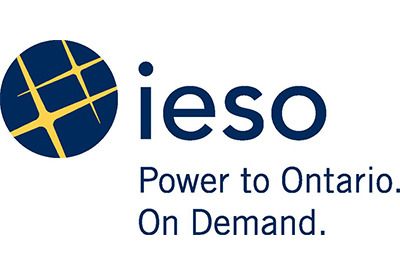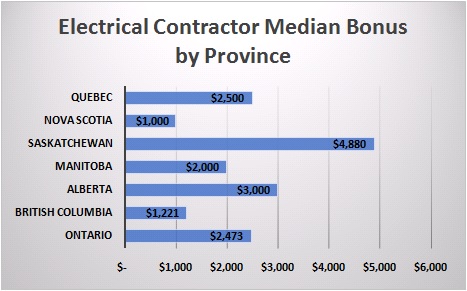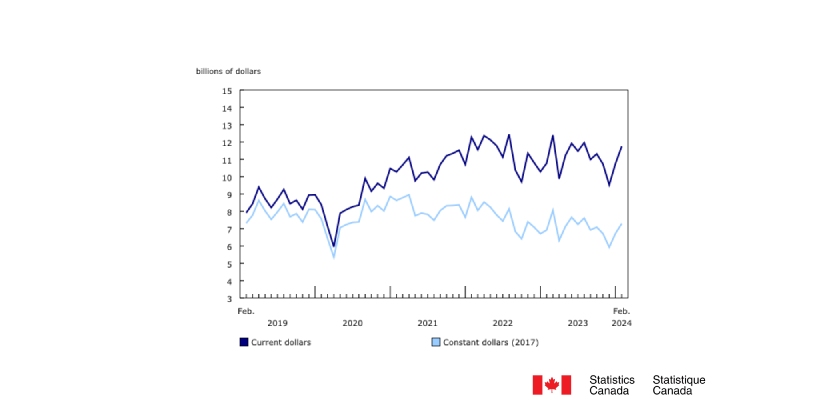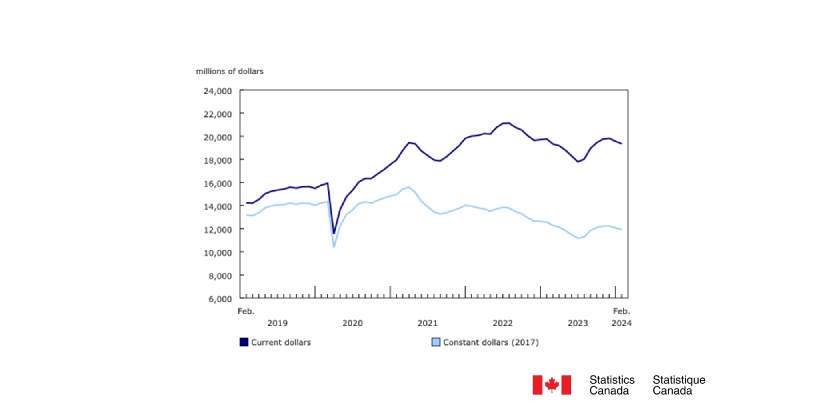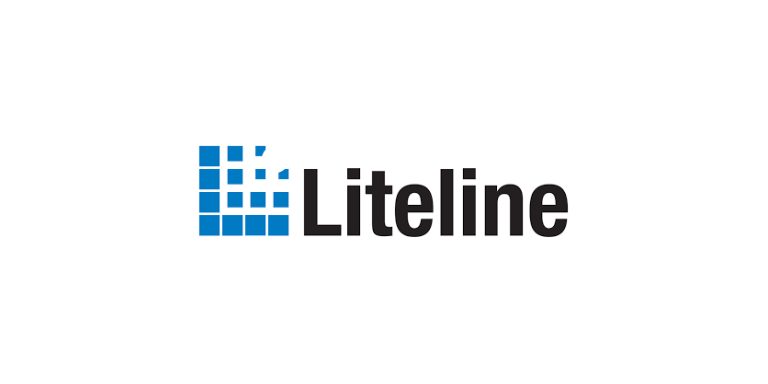Transitioning Canada’s Youth into Our Energy Workforce

September 8, 2022
By Michelle Branigan
As Canada’s energy sector works towards a net-zero carbon economy, the passion and drive of the next generation will be the power behind that transition to a clean energy future. The Canadian workforce is undergoing a dramatic demographic shift. Today’s youth will become the architects of tomorrow who will design and deliver our sustainable energy opportunities and systems. We must empower our youth to become tomorrow’s clean economy leaders. Yet, there remains a youth deficit in our industry. Engagement across the sector is low and attracting young talent to fill these roles is critical to ensuring a stable, skilled workforce. Labour market intelligence studies produced by EHRC reveal that the representation of workers under the age of 25 remains low—5% of the workforce compared to 14% for the broader Canadian labour market.
For Employers It’s About Getting Youth ‘To The Door’
Employers are keenly aware of both the time and cost expense related to onboarding new talent. They are also cognizant of the talent pipeline needed to prepare for succession planning and the imminent retirement of an aging workforce. Youth represent one of the talent pools to be considered.
In 2020 EHRC published Generation Impact, a report on the findings of interviews with 1,500 young Canadians between the ages of 15 and 30. It uncovered that, by far, the biggest barrier facing the sector and thus youth’s interest in careers in electricity, is their lack of knowledge about the job opportunities available and the working conditions offered. Just over one in ten Millennials and Gen Zers are interested in a career in electricity according to the report. In this intensely competitive labour market, building awareness of the variety of fulfilling job opportunities becomes paramount and so too does the messaging to attract this young talent. The report produced some key take-aways. Messaging needs to focus on the specific opportunities that will lead to new demands for workers as the sector transitions, and how these opportunities are likely to be permanent going forward. For example, demand from electric vehicles is only set to increase and will bring with it new opportunities. Another key takeaway for employers to consider is what youth describe as the type of work they would most like to do. More than half of the respondents surveyed indicated they would like to be active, solve problems and work with a team.
For Youth It’s About Getting a ‘Foot in the Door’
While messaging and promotion can help attract youth to the sector, the very nature of entering the workforce for the first time is replete with barriers to be overcome for young people. Youth must develop the skills needed to transition from education to a practical business setting. It is in that environment where youth develop the critical thinking, collaboration and professional reflexes required for real-world scenarios; those scenarios that make a potential employee even more valuable in the work environment. One evidenced approach in supporting youth in that process – and thus employers — is work integrated learning (WIL). Through this, employers can build on the academic learning that has taken place in the classroom and provide youth with an opportunity for practical application in a real-world setting. Youth can experience problem-solving and collaborating with teams while honing their skills relevant to our industry. They are given time to understand, learn, brainstorm, and generate solutions under the watchful eye of an employer or mentor. They emerge with valuable experience—working in real-time and in a team environment where they gain a stronger understanding of the scope and impact of the energy sector. This eases their transition with increased job readiness and  employability, and hence more attractive to employers.
employability, and hence more attractive to employers.
EHRC has witnessed, first-hand, the impact of WIL through its Discovering Potential program, funded through Natural Resources Canada, Environment and Climate Change Canada, and Employment and Social Development Canada. Through this, an organization has the unique opportunity to help train and educate future employees by providing internship and professional development placements to source talent and generate hires. In turn, employers are entitled to receive incentives up to $25,000.
Employers who focus on communicating the variety and rewarding potential work opportunities in the electricity sector will help to dispel the many misperceptions about the diversity and rewarding careers our industry offers. This will help garner the attention of the youth. Then, creating opportunities for them to apply education-based learning, to excel in a work environment, and to contribute to a high-performing team and get things done…will create life-changing experiences. The hiring outcomes result when drawing in our best energy resource—the aspiring and ready-to-prove abilities of our next-generation workforce.
Has your organization taken advance of WIL? We would love to hear your stories and share successes and best practices with our sector.


